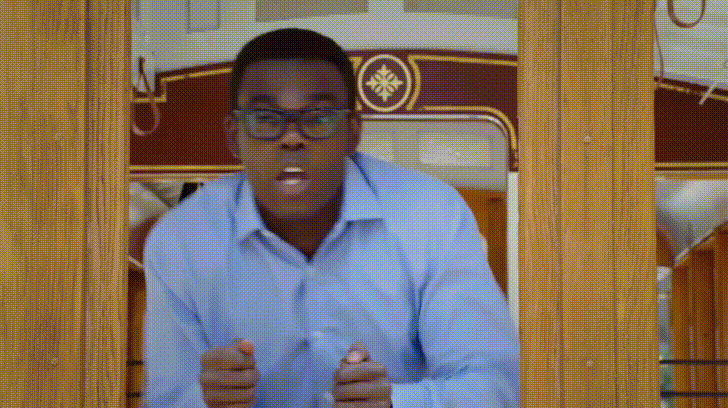What do you think?
Rate this book


304 pages, Hardcover
First published January 25, 2022
What are we doing?There’s the “Big Three”:
Why are we doing it?
Is there something we could be doing that’s better?
Why is it better?
Life is anguish. Welcome to existentialism!There’s the trolley problem!

The trying is important. Keep trying.I’m not holding the author’s views on pizza against him, but suspect the opposite may not be true.